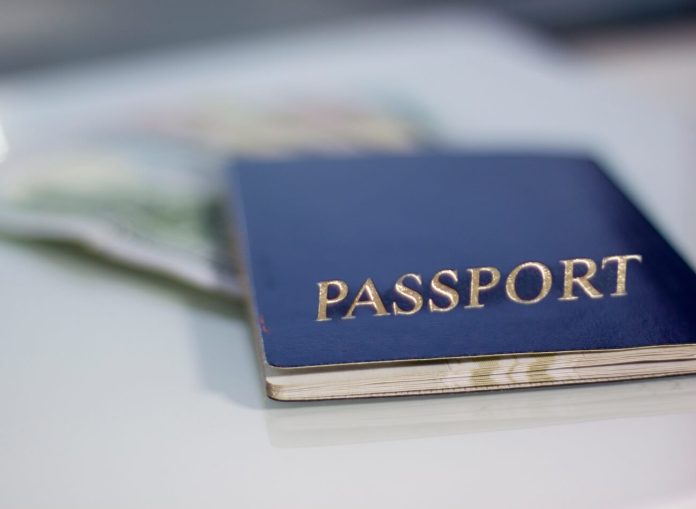US prosecutors have requested that former Binance CEO Changpeng Zhao surrender his passports as part of his bail conditions ahead of his sentencing in April. This comes after Zhao pleaded guilty to charges related to money laundering at the exchange and stepped down in 2023.
The government is seeking to ensure that Zhao does not leave the US before his sentencing, and has asked that he give three days’ notice before any travel plans. They also want him to surrender his Canadian passport and any other travel documents, including expired ones.
In December, Zhao’s request to travel to the UAE – where he holds citizenship – was denied by Judge Richard Jones, who cited Zhao’s wealth and lack of ties to the US as potential factors for him to flee.
The US Attorney’s Office has also requested that Zhao notify the prosecution of any travel plans and remain in the US until his sentencing. Zhao remains free on a $175 bond set in November last year.
In a filing at the District Court for the Western District of Washington, US Attorney Tessa Gorman requested Magistrate Judge Brian Tsuchida to approve additional travel restrictions for Zhao. The court document, filed on February 23, states that the government wants Zhao’s bail conditions specified.
The sentencing hearing for Zhao is scheduled for April 30 and the prosecutors want him to remain in the United States until then. They have also asked for him to surrender his Canadian passport and any other travel documents, including expired ones. Zhao’s previous request to travel to the UAE was denied in December.
In addition, the US Attorney’s Office has asked that Zhao give a three-day notice before any travel plans and notify the prosecution. Judge Richard Jones had previously ordered Zhao to stay in the US ahead of his sentencing, citing his substantial wealth and lack of ties to the country as factors that could lead him to flee to the UAE.
Despite the restrictions, Zhao remains free on the $175 bond set in November last year. If convicted, he could face significant penalties for violating the federal anti-money laundering law. Share this article and stay updated on the latest developments.

